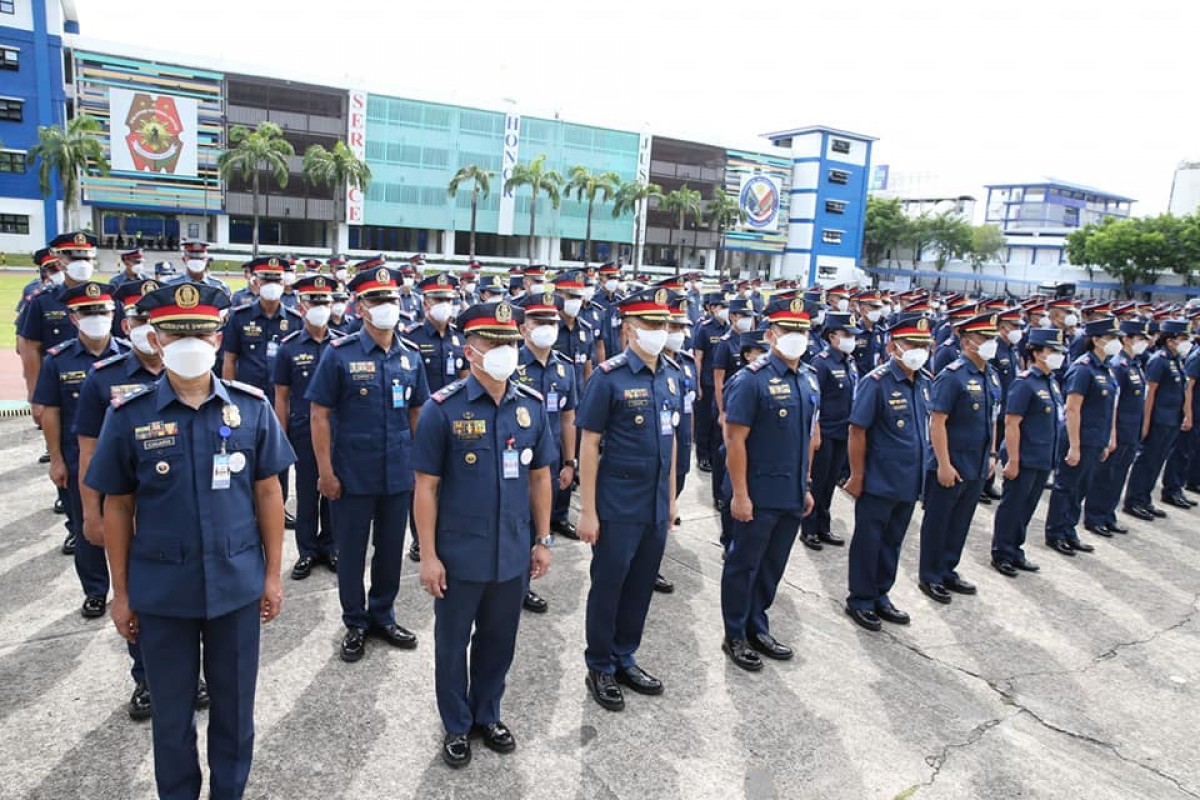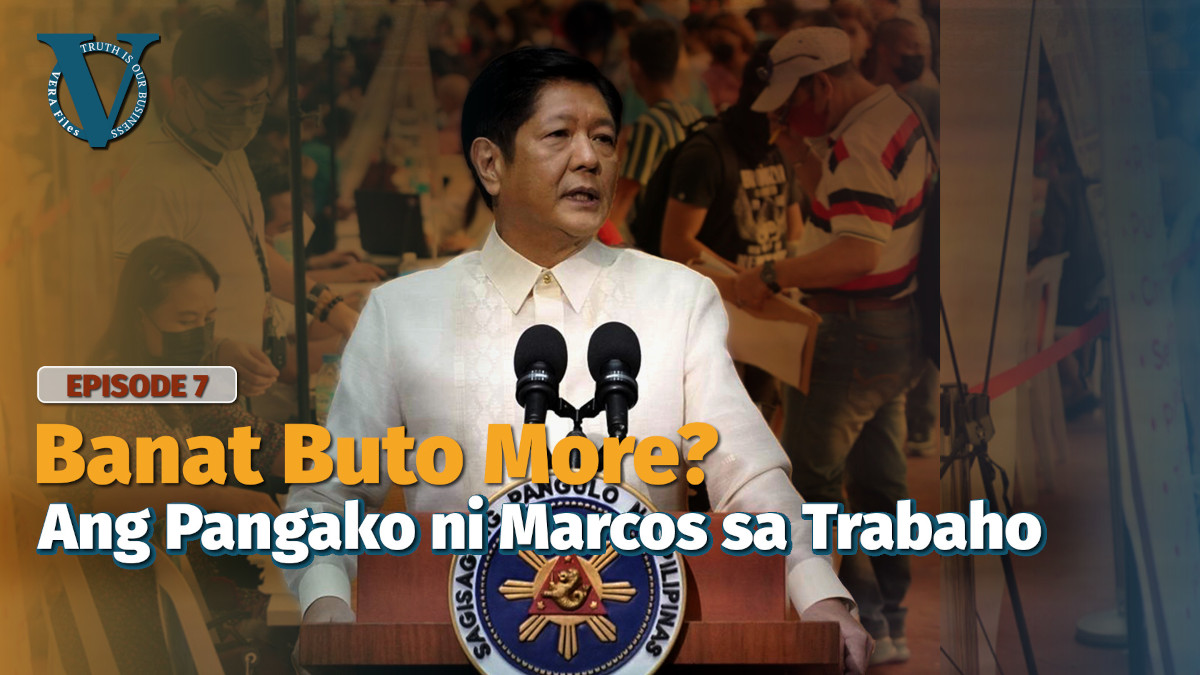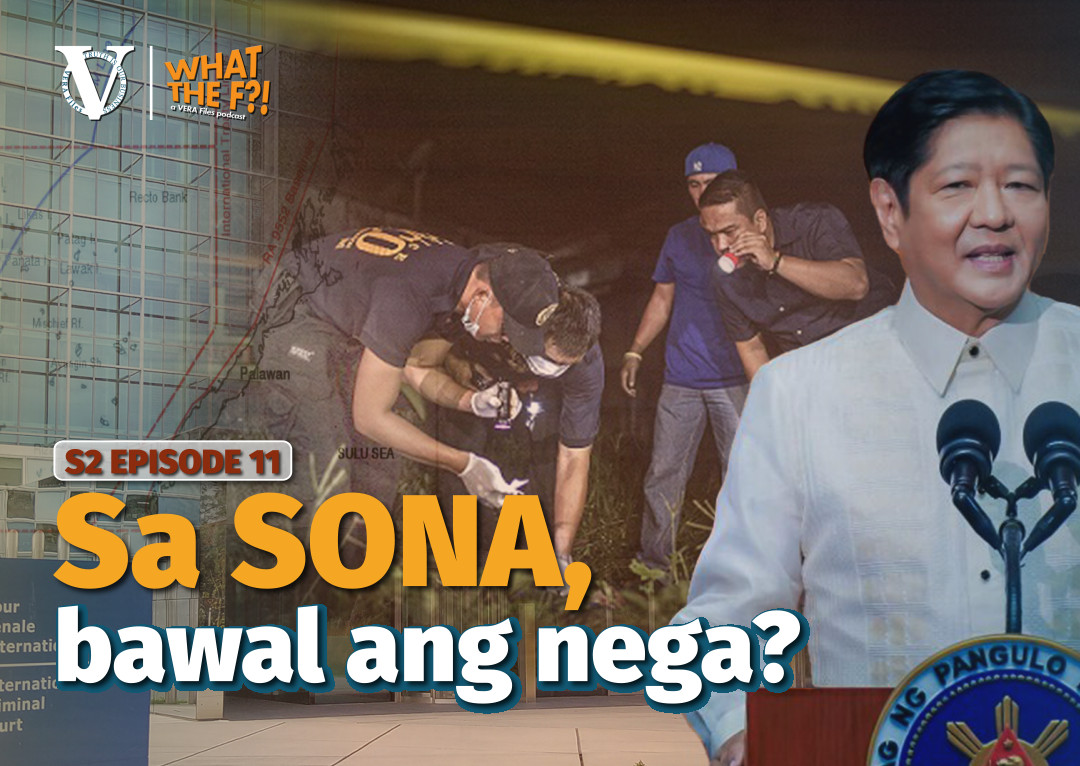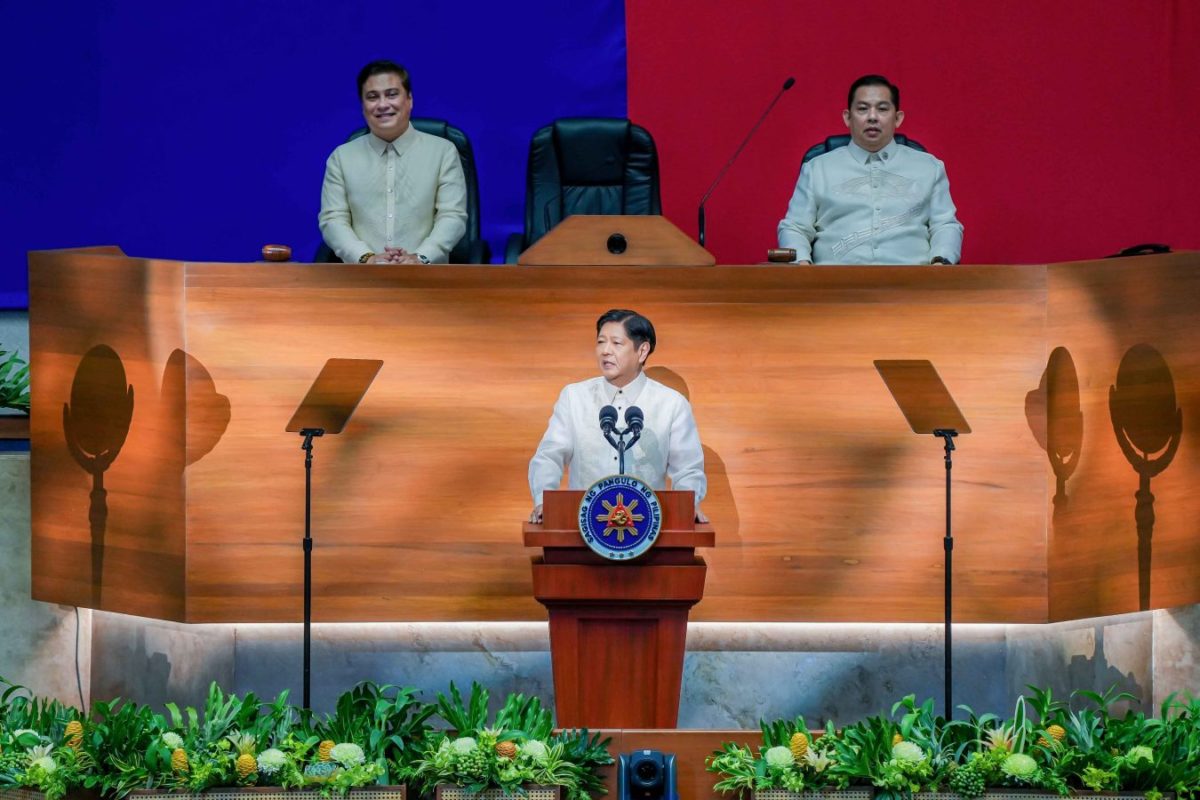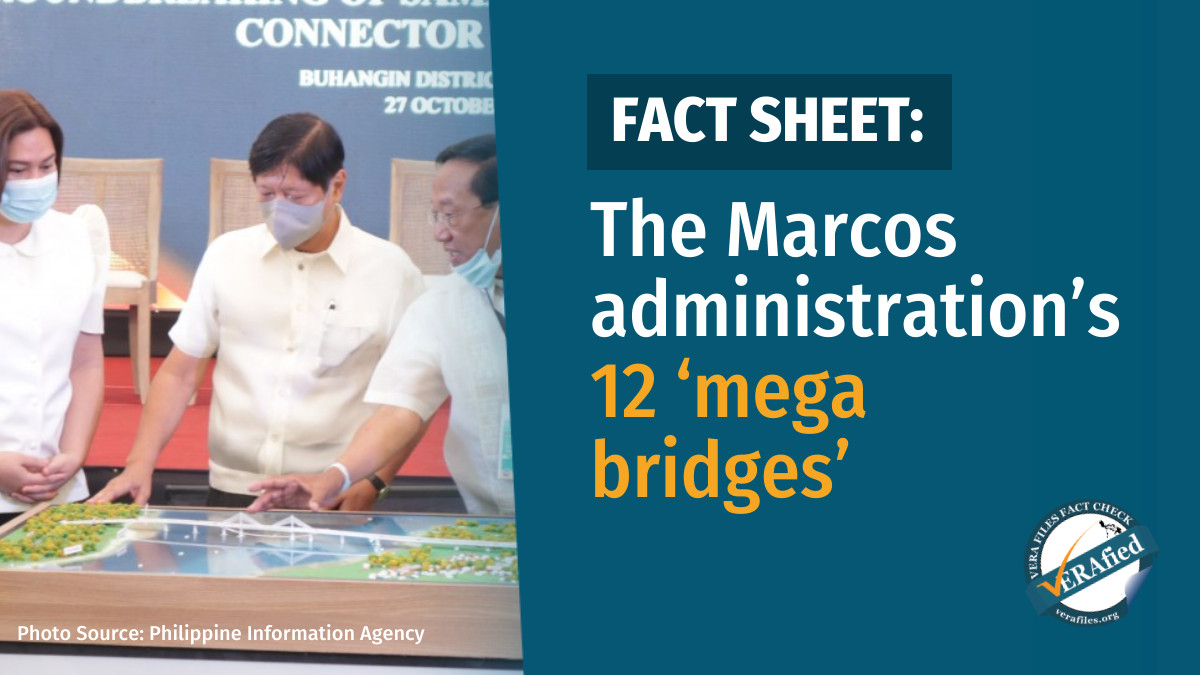President Ferdinand Marcos Jr. finally included corruption among the important issues he raised in his second State of the Nation Address (SONA) last week. “We cannot tolerate corruption or incompetence in government,” he declared.
The statement appears to sound as if he was speaking about corruption and incompetence in the entire bureaucracy. But he was not. He said it in the context of the involvement of high-ranking police officers in the illegal drugs trade.
Marcos, whose family has been hounded by corruption issues, did not talk about specific means to curb corruption in his inaugural speech on June 30, 2022 and his first SONA four weeks later. He has also not directly addressed corruption issues raised against his administration.
What he has said so far are general statements that lack specific measures on how he intends to solve corruption in the government.
When asked about alleged corrupt practices in the Bureau of Internal Revenue and the Bureau of Customs during a briefing with three media entities shortly after he was proclaimed the winner of the May 2022 elections, Marcos simply said, “There should not be a place for corruption.”
Now that he is the chief executive, he has been avoiding any discussion of issues of corruption as well as allegations of human rights violations and the accusations of ill-gotten wealth of the Marcos family.
As Dindo Manhit, president of Stratbase ADR Institute think tank, said recently, Marcos should at least attempt to control corruption in the government, noting that curbing corruption is one of the biggest challenges in his administration.
Even before Marcos began campaigning for the presidency to the present day, corruption has been coming out consistently in opinion polls among the top five pressing concerns the government should address. The others are taming inflation, job creation, salary adjustment and reducing poverty.
Corruption has a domino effect on many other problems. It undermines the delivery of services, hampers job creation and investor confidence, and damages public trust in the government.
While it is a positive step that the president has finally addressed corruption insofar as police officers implicated in the illegal drugs trade is concerned, it should not stop at accepting the courtesy resignation of 18 senior officials, including three generals. It should be across agencies in the bureaucracy, not only in the Philippine National Police (PNP).
Hopefully, he wouldn’t have a hard time looking for “individuals with unquestionable integrity, and who will be effective and trustworthy in handling the task of eliminating this dreaded and corrosive social curse” to replace the resigned “unscrupulous law enforcers and others involved in the highly nefarious drug trade.”
But have the 18 senior officers resigned only from their positions in the PNP but remain members of the police force?
As of Thursday last week, PNP spokesman Jean Fajardo said 13 of the 18 were still occupying their positions while five — BGens. Remus Medina, Randy Peralta and Pablo Labra 2nd, and Cols. Julian Olonan and Rolando Portera — have been on floating status and staying in the Personnel Holding and Accounting Unit in the PNP. That was a situation that existed even before the president’s SONA.
Fajardo said the PNP has yet to receive an official communication signed by the president, indicating the acceptance of the 18 third-level officers’ courtesy resignations.
It appears that the senior officers, despite the adversarial findings of a five-man advisory group, are still being given a graceful exit and will be entitled to separation benefits. Summary dismissal seems to be out of the question.
PNP chief Gen. Rodolfo Azurin Jr. had said he has yet to clarify with the president how to handle the resignations while Interior and Local Government Secretary Benjamin “Benhur” Abalos could not categorically say the officials would be charged in court over their alleged involvement in the illegal drugs trade.
What then was the basis of the five-man panel — composed of Azurin, Defense Secretary Gilberto “Gibo” Teodoro Jr., retired general and Baguio City Mayor Benjamin Magalong, Undersecretary Isagani Nerez of the Office of the Presidential Adviser on Military Affairs, and retired Court of Appeals associate justice Melchor Sadang — for recommending the resignation of these PNP officials?
Abalos initiated the “internal cleansing” in the PNP last January as an offshoot of alleged irregularities surrounding the seizure of at least 990 kilograms of shabu worth P6.7 billion in a warehouse owned by MSgt. Rodolfo Mayo Jr. and pilferage of an estimated 380 kilograms from the Wealth and Personal Development lending office on Jose Abad Santos Avenue in Manila.
However, only two — Cols. Julian Olonan and Rolando Portera — out of the 18 senior PNP officers whose resignations were accepted, were implicated in the P6.7-billion shabu haul from the October 2022 drug operation.
Criminal complaints were filed on June 9 before the Office of the Ombudsman against 50 PNP officials, including LtGen. Benjamin Santos, the former deputy chief for operations, and BGen. Narciso Domingo, who was head of the PNP Drug Enforcement Group (PDEG) at the time of the raid. Also charged were Olonan, head of the PDEG special operations unit in Region 4A, and LtCols. Arnulfo Ibanez and Glenn Gonzalez.
Portera was responsible for finding and presenting CCTV footage of the incident, showing several irregularities in the conduct of the operation and the act of pilferage.
Were the others implicated in the P6.7-billion shabu haul among the 935 officers whose resignations were recommended to not be accepted?
The president has long been saying that the campaign against illegal drugs has taken on a “new face,” as it is now “geared toward community-based treatment, rehabilitation, education and reintegration, to curb drug dependence among our affected citizenry.”
Will Marcos be interested in locating the 338 kilograms of shabu stolen by operatives of the PDEG during the October 2022 operation in Manila?
Will he be challenging the “individuals with unquestionable integrity” that he will appoint to the PNP to unmask others who may be occupying higher positions or more powerful and influential personalities behind these “unscrupulous law enforcers” to curb illegal drugs?
Controlling corruption in the PNP may indeed be a herculean task, and starting it with the illegal drug trade is a good move in the right direction. Is Marcos really up to it? Or was the acceptance of the resignations just for show?
The views in this column are those of the author and do not necessarily reflect the views of VERA Files.
This column also appeared in The Manila Times.
